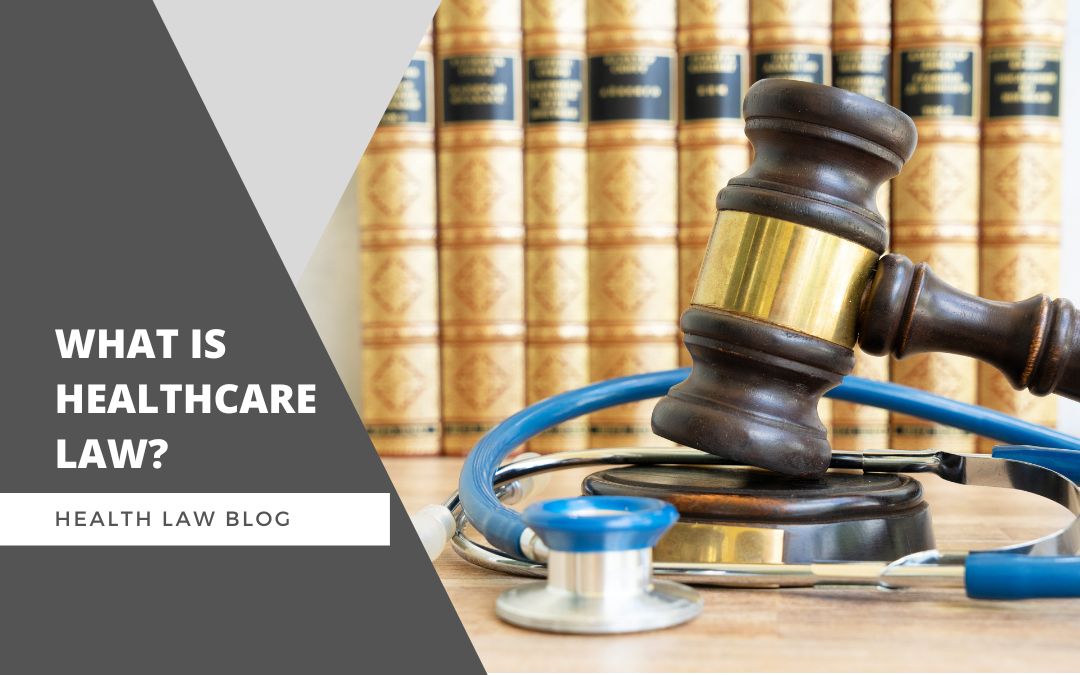Healthcare law refers to the rules and regulations that shape the healthcare industry, both for the patients receiving medical care and the professionals who provide medical treatment. There is a wide range of entities that fall under the umbrella of healthcare law, including but not limited to clinical staff, hospitals, assisted living facilities, clinical laboratories, insurers, and pharmacies.
The primary role of law in healthcare is to protect patients’ rights, such as their right to privacy, as well as create boundaries to prevent potential patient abuse or fraud. Certain healthcare laws directly impact patients, such as medical malpractice rules, whereas others govern the professional entities enabling patient care, such as regulatory compliance, administrative, and tax laws.
For instance, the Emergency Medical Treatment & Labor Act (EMTALA) protects patient access to emergency services, whereas the federal Anti-Kickback Statute (AKS) and Physician Self-Referral Law (Stark Law) prohibit care providers from receiving financial incentives for patient referrals.
The most common law in healthcare is the duty of confidentiality, also known as doctor-patient confidentiality, which prevents medical professionals from disclosing or revealing information about a patient’s medical condition. Doctor-patient confidentiality covers all patient medical records, including lab reports, as well as all communication that occurs between both parties.
FREQUENTLY ASKED QUESTIONS ABOUT HEALTHCARE LAW:
- Medical law vs. health law: What makes them different?
- HIPAA
- How does public health law compare to healthcare law?
- What is healthcare policy?
- What is the difference between health policy and health law?
- What are the types of health policy?
- What are the main sources of law related to healthcare?
- What are patient legal rights?
- What laws protect patients’ rights?
- What to do when your patient rights are violated
- What is healthcare fraud?
- Healthcare Fraud vs. Healthcare Abuse: What is the difference?
- 10 major types of healthcare fraud and abuse
- What are the consequences of fraud in healthcare?
- How does HIPAA protect against some fraud?
- How do you report healthcare fraud?
- What is guardianship?
- What is elder guardianship?
- What is the purpose of a guardian?
- What powers does a guardian have?
- Can a guardian transfer guardianship?
- What is elder law?
- What questions should I ask an elder law attorney in an elder abuse case?
- Elder abuse vs. elder neglect: What is the difference?
- What is elder abuse law?
- How to recognize and prevent elder abuse?
- How to report elder abuse

